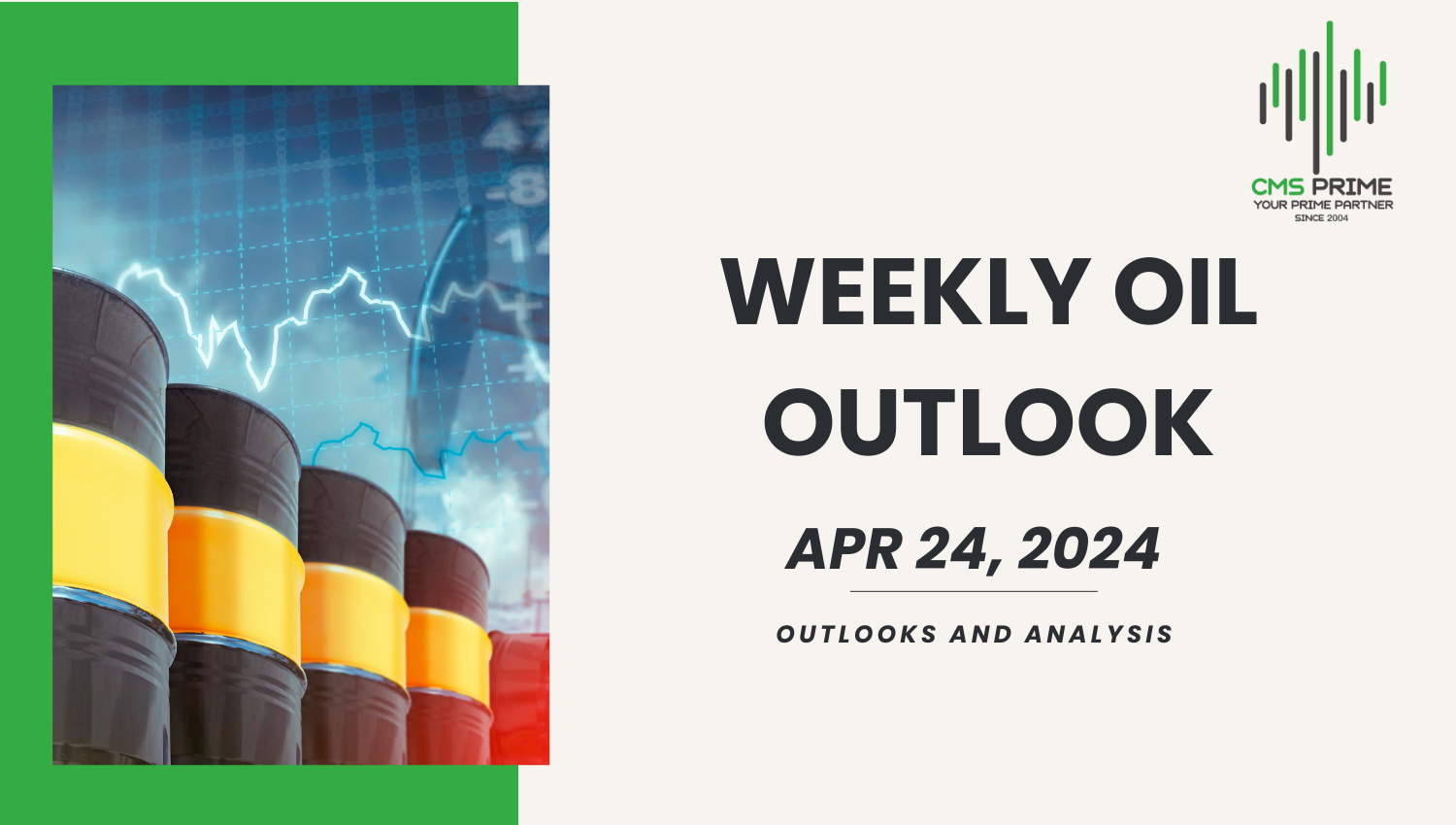On May 31, 2023, the US House of Representatives passed a bill to raise the debt ceiling by $480 billion. The bill passed with a vote of 221-213, with all Democrats and 13 Republicans voting in favor. The Senate is expected to vote on the bill soon, and President Joe Biden has said he will sign it into law.
The debt ceiling is the maximum amount of money that the US government is allowed to borrow. When the government reaches the debt ceiling, it cannot borrow any more money to pay its bills. This can lead to a government shutdown, which is when the government is unable to provide essential services to the public.
The US has raised the debt ceiling 88 times since 1960. The most recent time was in 2019, when the Trump administration and Congress agreed to raise the debt ceiling by $2.2 trillion. The passage of the debt ceiling bill is a major victory for President Biden and Democrats. It avoids a government shutdown and ensures that the US government can continue to function. However, the bill does not address the underlying problem of the US’s growing debt.
The US national debt is now over $30 trillion. This is more than the GDP of every country in the world except China. The debt is growing at an unsustainable rate, and it is putting a strain on the US economy. The debt ceiling bill is a temporary fix. It does not address the underlying problem of the US’s growing debt. In the long run, the US needs to find a way to reduce its spending and increase its revenue. Otherwise, the country will face a financial crisis.
What are the implications of the debt ceiling bill for the US economy?
The passage of the debt ceiling bill is a positive development for the US economy. It avoids a government shutdown, which would have had a negative impact on economic growth. The bill also provides certainty for businesses and investors, which will help to boost economic activity.
However, the debt ceiling bill does not address the underlying problem of the US’s growing debt. This is a long-term problem that will need to be addressed in order to ensure the long-term health of the US economy.
The following are some of the implications of the debt ceiling bill for the US economy:
- The bill avoids a government shutdown, which would have had a negative impact on economic growth.
- The bill provides certainty for businesses and investors, which will help to boost economic activity.
- The bill does not address the underlying problem of the US’s growing debt.
- The debt ceiling will need to be raised again in the future, and this could lead to another political crisis.
- The US government’s debt is a major risk to the global economy.
What are the implications of the debt ceiling bill for the global economy?
The passage of the debt ceiling bill is a positive development for the global economy. It avoids a US government shutdown, which would have had a negative impact on the global economy. The bill also provides certainty for businesses and investors around the world, which will help to boost economic activity. However, the debt ceiling bill does not address the underlying problem of the US’s growing debt. This is a long-term problem that will need to be addressed in order to ensure the long-term health of the global economy.
The following are some of the implications of the debt ceiling bill for the global economy:
- The bill avoids a US government shutdown, which would have had a negative impact on the global economy.
- The bill provides certainty for businesses and investors around the world, which will help to boost economic activity.
- The bill does not address the underlying problem of the US’s growing debt.
- The US government’s debt is a major risk to the global economy.
What are the implications of the debt ceiling bill for financial markets?
The passage of the debt ceiling bill is a positive development for financial markets. It avoids a US government shutdown, which would have had a negative impact on financial markets. The bill also provides certainty for businesses and investors, which will help to boost economic activity.
However, the debt ceiling bill does not address the underlying problem of the US’s growing debt. This is a long-term problem that will need to be addressed in order to ensure the long-term health of financial markets.
The following are some of the implications of the debt ceiling bill for financial markets:
- The bill avoids a US government shutdown, which would have had a negative impact on financial markets.
- The bill provides certainty for businesses and investors, which will help to boost economic activity.
Scenario Analysis
Scenario 1: Smooth Implementation of the Debt Ceiling Bill
In this scenario, the debt ceiling bill is implemented without any major political or economic disruptions. The U.S. government continues to function normally, and there is no government shutdown.
– Global Markets: Global markets may react positively to the stability and certainty provided by the smooth implementation of the bill. U.S. stocks could see a boost, which may also lift global stock markets.
– Currency Pairs: The USD might strengthen against other currencies due to increased investor confidence in the U.S. economy.
– Commodities: The impact on commodities might be mixed. A stronger USD could put downward pressure on commodity prices, as commodities are typically priced in dollars. However, the overall stability in the market could support commodity prices.
Scenario 2: Political Crisis Over Future Debt Ceiling Increases
In this scenario, political disagreements over future increases in the debt ceiling lead to a crisis, causing uncertainty and volatility in the market.
– Global Markets: Global markets could be negatively impacted by the uncertainty and volatility. This could lead to a sell-off in U.S. and global stocks.
– Currency Pairs: The USD might weaken against other currencies due to decreased investor confidence in the U.S. economy.
– Commodities: Commodities, particularly safe-haven assets like gold, could see increased demand as investors look for safer places to park their money during times of uncertainty.
Scenario 3: Long-term Debt Issues Not Addressed
In this scenario, the U.S. continues to increase its debt ceiling without addressing the underlying issue of its growing debt.
– Global Markets: While there might not be an immediate impact on global markets, over the long term, this could lead to decreased confidence in the U.S. economy, potentially negatively impacting U.S. and global stocks.
– Currency Pairs: Over the long term, the USD might weaken against other currencies due to concerns over the U.S.’s fiscal health.
– Commodities: If concerns about the U.S.’s fiscal health lead to inflation fears, this could drive up the price of commodities, as they are often used as a hedge against inflation.


